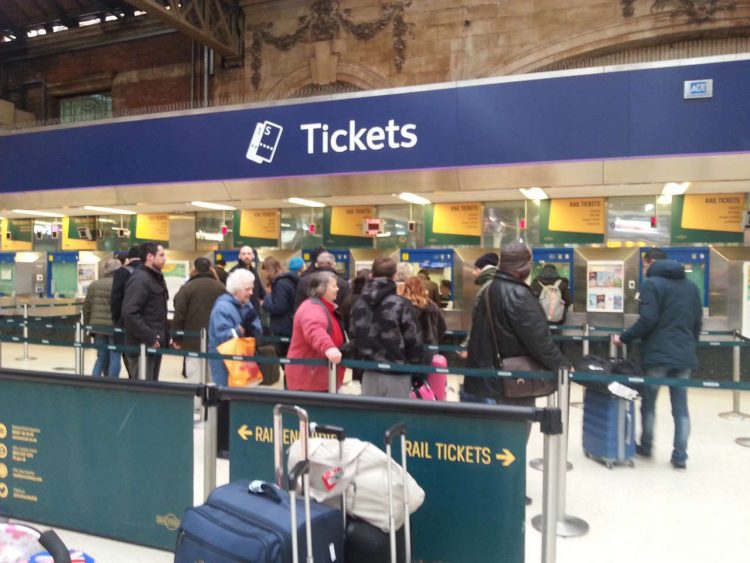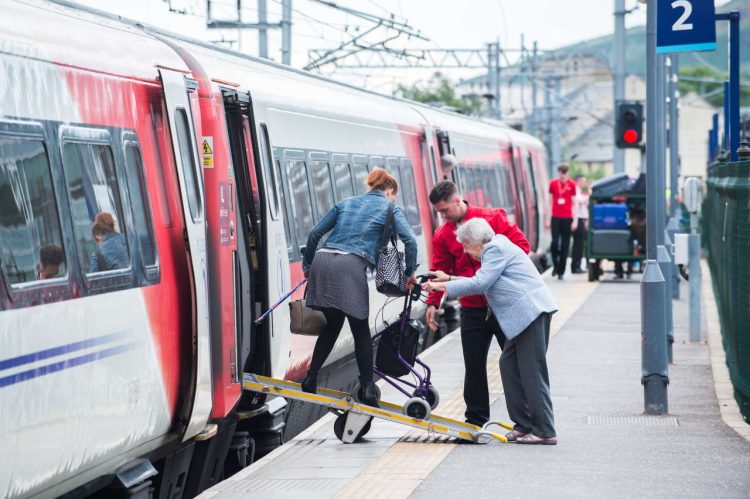Transport for All has accused the Department for Transport (DfT) of withholding its analysis of the impact that closing ticket offices could have on disabled people.
The campaigning charity says that it submitted a Freedom of Information (FOI) request, asking to see the Equality Impact Assessment (EqIA) of the proposals made by the government.
In its reply to the request, the DfT stated that it is withholding the information under the “Formulation of government policy” exemption, arguing that “Ministers and officials need a safe space away from public scrutiny to formulate and develop the policy.”

Individual Train Operating Companies have published Equality Impact Assessments, but these only relate to the impacts of closing the ticket offices at stations that each of the companies runs. TfA wanted to see the government's assessment of the cumulative impact of closing ticket offices across the railway network as a whole. The charity says that it is unclear why the system-wide EqIA is exempt from FOI requirements but that train operators' individual EqIAs are not.

The Equality Impact Assessments undertaken by individual train operators contain findings which TfA describes as “damning”. Northern's EqIA identifies the following negative impacts:
- Staff capacity to provide assistance: Staff “will be at a station for an average of 29 hours per week compared to 73 hours currently staffed by Ticket Office colleagues,”, which will reduce “Passenger Assistance capacity”
- Safety: “Disabled people are at greater risk of incidents of abuse and unwanted sexual behaviours” and “The lack of colleagues' presence may increase personal security and safety concerns when travelling.”
- Hazards for blind and visually impaired passengers: “49% of train stations in Great Britain have either no or only partial tactile surfaces on operational platforms. This means visually impaired customers who cannot navigate stations independently may currently rely on station colleagues to assist. A reduction in colleagues' numbers may adversely impact them.”
- Turn Up And Go: “Over a third of disabled rail passengers in Great Britain do not book assistance in advance. Instead, passengers tend to depend on colleagues at stations for assistance. A reduction in the number of colleagues to meet this on-the-spot support request has the potential to negatively impact.”
Transport for All believes that “it is unacceptable that the general public has been denied access to the Government's own programme-wide assessment and analysis of the proposals, information that could have aided in shaping responses to the consultation. It is a further example of how this consultation does not meet the Gunning principles for fair consultation, specifically “There is sufficient information to give ‘intelligent consideration'”.”
It has pledged to appeal the decision.




















How can they apply “Formulation of government policy” as an exemption when they don’t have any policies, just blowing in the wind !